In June, it was reported that a round of bidding for a World Bank-led undersea communication cable project was effectively scuttled due to security concerns over a bid from Chinese firm HMN Technologies, formerly known as Huawei Marine Networks.
The project, known as the East Micronesia Cable system, is intended to facilitate communications between the Pacific island nations of Nauru, which is one of democratic Taiwan’s 15 diplomatic allies, Kiribati, which was a diplomatic ally of Taiwan until 2019, and the Federated States of Micronesia. The project also includes a planned connection to the U.S. territory of Guam, which houses major military installations.
Nigel Cory, associate director of trade policy at the Information Technology and Innovation Foundation, a Washington-based think tank, told The Epoch Times that the undersea communication cable sector is an important front in an effort by the United States, Australia, and other liberal democracies to secure critical information and communications technology (ICT) infrastructure against security threats from China and the Chinese Communist Party.
Pointing to Australia’s completion in 2019 of undersea cables providing high-speed internet to the Pacific nations of Papua New Guinea and the Solomon Islands–which was done in order to thwart an attempt by Huawei to undertake the project–as well as Facebook’s decision this year to abandon its proposal for an underwater cable between California and Hong Kong due to national security concerns, Cory, who previously served Australia as a diplomat with postings in Malaysia and Afghanistan, stated that there are “growing security concerns over submarine cables.”
“Australia has been paying close, growing attention to this, especially as it relates to cable infrastructure in their region, in terms of the South Pacific,” he said, explaining that “undersea cables, essentially, they’re the plumbing of the global internet.”
Regarding the Chinese firm HMN Technologies’ failed bid for the East Micronesia Cable project, Cory said, “Carrying the data, there’s the potential for malicious access to the content that’s carried along that system. And so, Australia and the United States and others obviously don’t think that it’s appropriate to have a Chinese company providing this critical piece of infrastructure, given the nature of the content which may be traveling along the cable, given it touches on U.S. territory and also touches upon Australian interests in the South Pacific.”
He added, “National security is a key motivation, but it’s probably not the only one, in that it’s also unfair competition from a state-supported, state-financed firm.”
Cory said that Chinese firms like HMN Technologies—which had reportedly submitted a bid for the East Micronesia Cable project that was more than 20 percent below competing bids from Alcatel Submarine Networks (ASN), which is part of Finland’s Nokia, and Japan’s NEC—are able to make unusually competitive bids on international infrastructure projects due to subsidization by the Chinese regime.
“Chinese firms have access to state-supported finance, which obviously is provided at or below the general market cost. So, cheap financing is a key tool in China’s efforts to support the global expansion of its high-tech leaders,” he told The Epoch Times, noting that China’s subsidization of its companies’ international growth extends into other industries, including high-speed rail.
Cory added that the United States and Australia are staying vigilant and working together to guard critical ICT infrastructure and defend against infiltration by authoritarian China.
“It’s not surprising at all that Australia would seek to work with its close ally, the United States, in reviewing these proposals [like HMN Technologies’ bid for the East Micronesia Cable project], and assessing the potential national security risks, and then given, obviously, Huawei’s connections to the Chinese government and the Chinese Communist Party … ultimately deciding that it’s an unacceptable security risk,” he said.
“The growing scrutiny of infrastructure that is critical to each country’s respective networks, both domestically and internationally, is garnering … increased scrutiny about who provides it, who’s involved in it, and whether their involvement raises unacceptable security risk because it may act as sort of a serendipitous access point for a foreign government.”
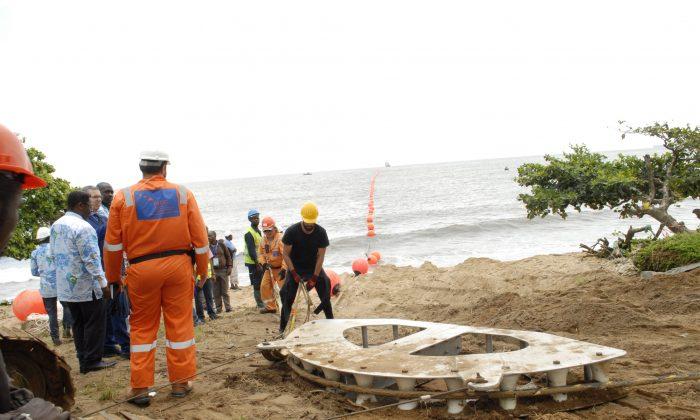

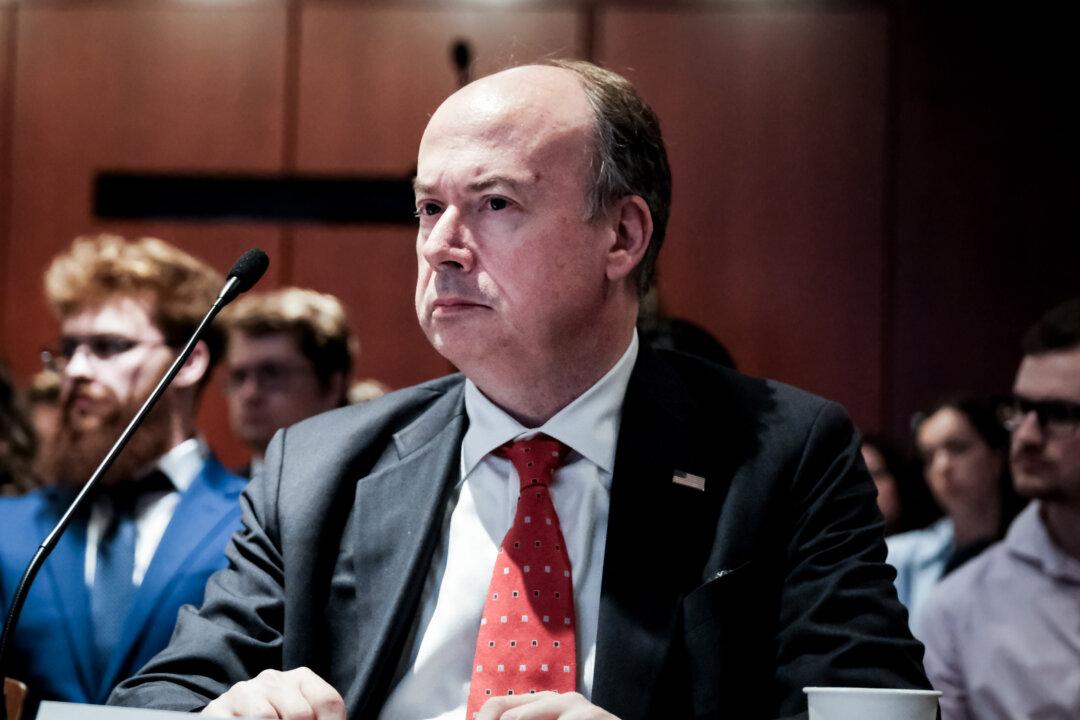
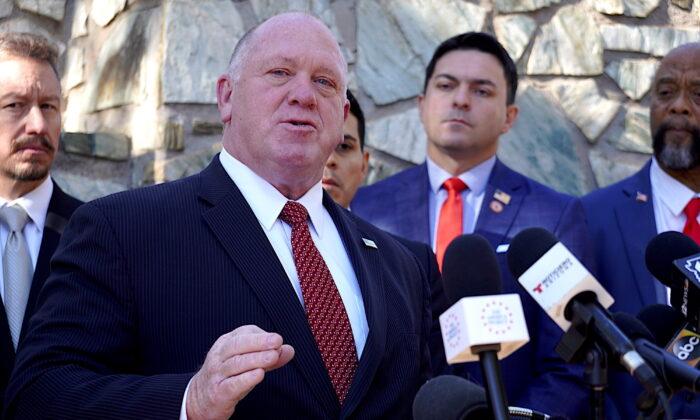
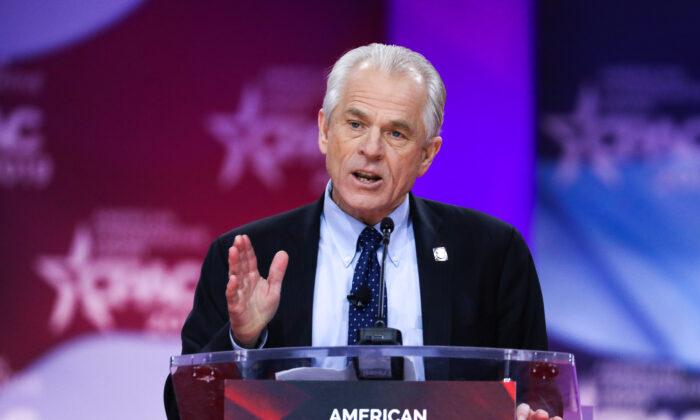
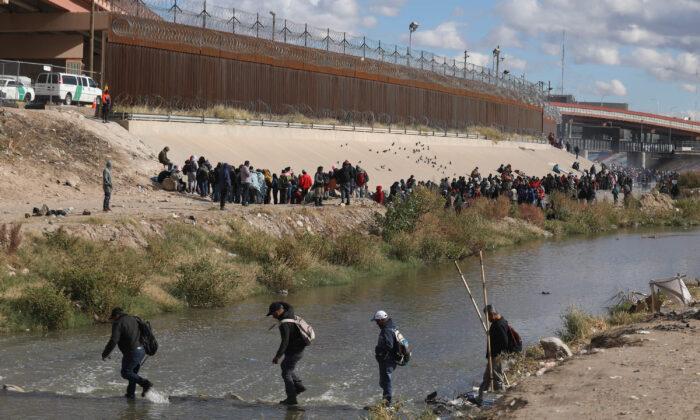
Friends Read Free